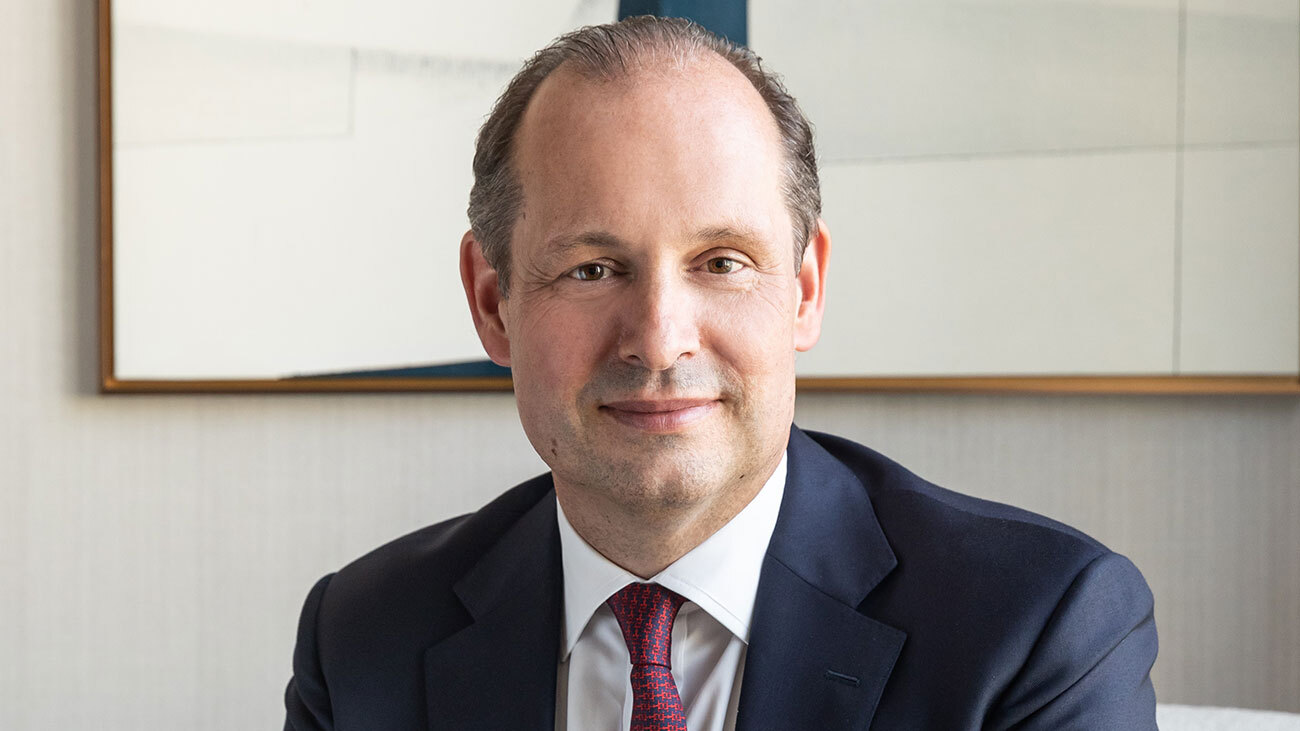Air Partner teams up with ClimateCare to offset carbon emissions
Global aviation firm Air Partner has teamed up with ClimateCare to offset its carbon emissions.
The company has introduced an auto-enrolment carbon offsetting scheme for its private jet and group charter clients as part of its new ESG strategy, which aims to “deliver positive change in the aviation industry and embed sustainable practices into the core of its business”.
Through the scheme, carbon emissions from flights are calculated and offset by adding a cost directly to the price of the flight.
Offsetting contributes funding towards a number of important carbon reduction projects such as two world-leading clean cooking initiatives and the installation of renewable energy in India.
The clean cooking projects in Bangladesh and Ghana cut carbon emissions and help tackle climate change, while also improving lives by halving fuel bills for families and reducing exposure to toxic fumes.
Air Partner has also been mapping carbon emissions associated with business related travel and aims to include such offsetting as part of the contribution in support of ClimateCare projects.
The company said the move was a “significant step-change”, having previously operated carbon offsetting on an opt-in basis. Clients can still choose to opt out of the scheme should they wish.
“We are delighted to be working with experts in this sector, ClimateCare,” said Greg Charman, ESG manager at Air Partner.
“They have over 20 years' experience running some of the most innovative and largest voluntary carbon offset programmes in the world. Working with them has allowed us to take full responsibility for our carbon footprint and integrate action to tackle climate change and improve people’s lives.”
A spokesperson for ClimateCare added: "We work with forward-thinking organisations to turn their climate responsibilities into positive outcomes. Our trademark Climate+Care approach helps organisations take a smart approach to addressing their environmental impacts by offsetting their carbon emissions through projects which also support sustainable development”.









